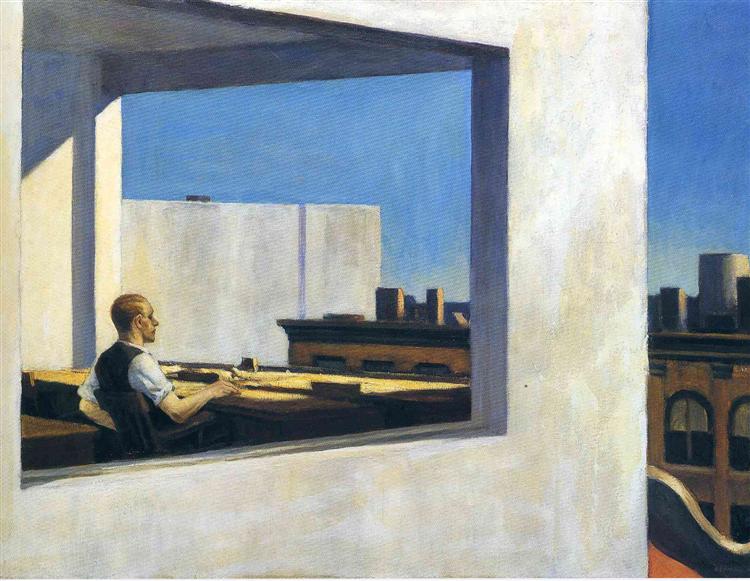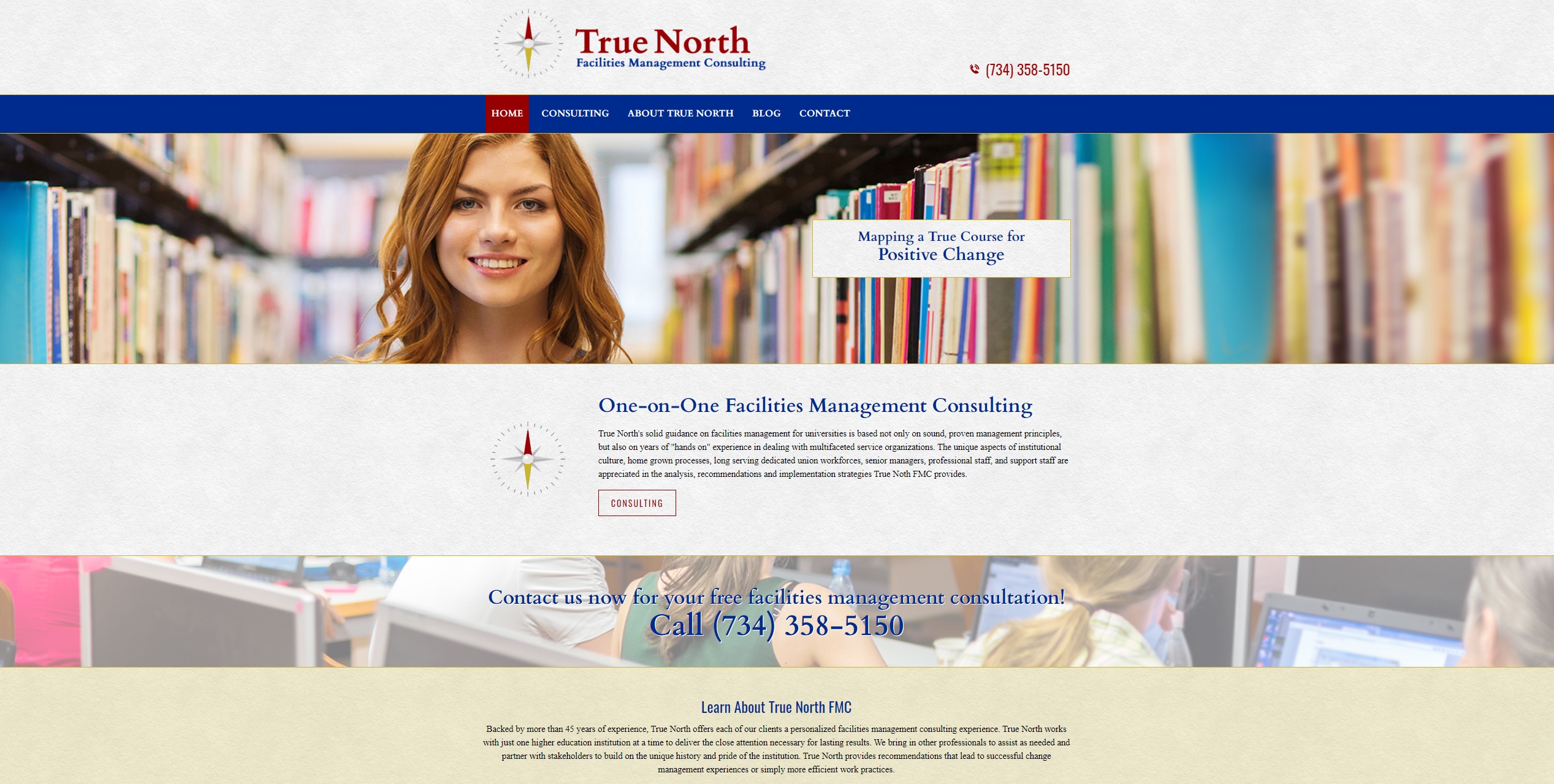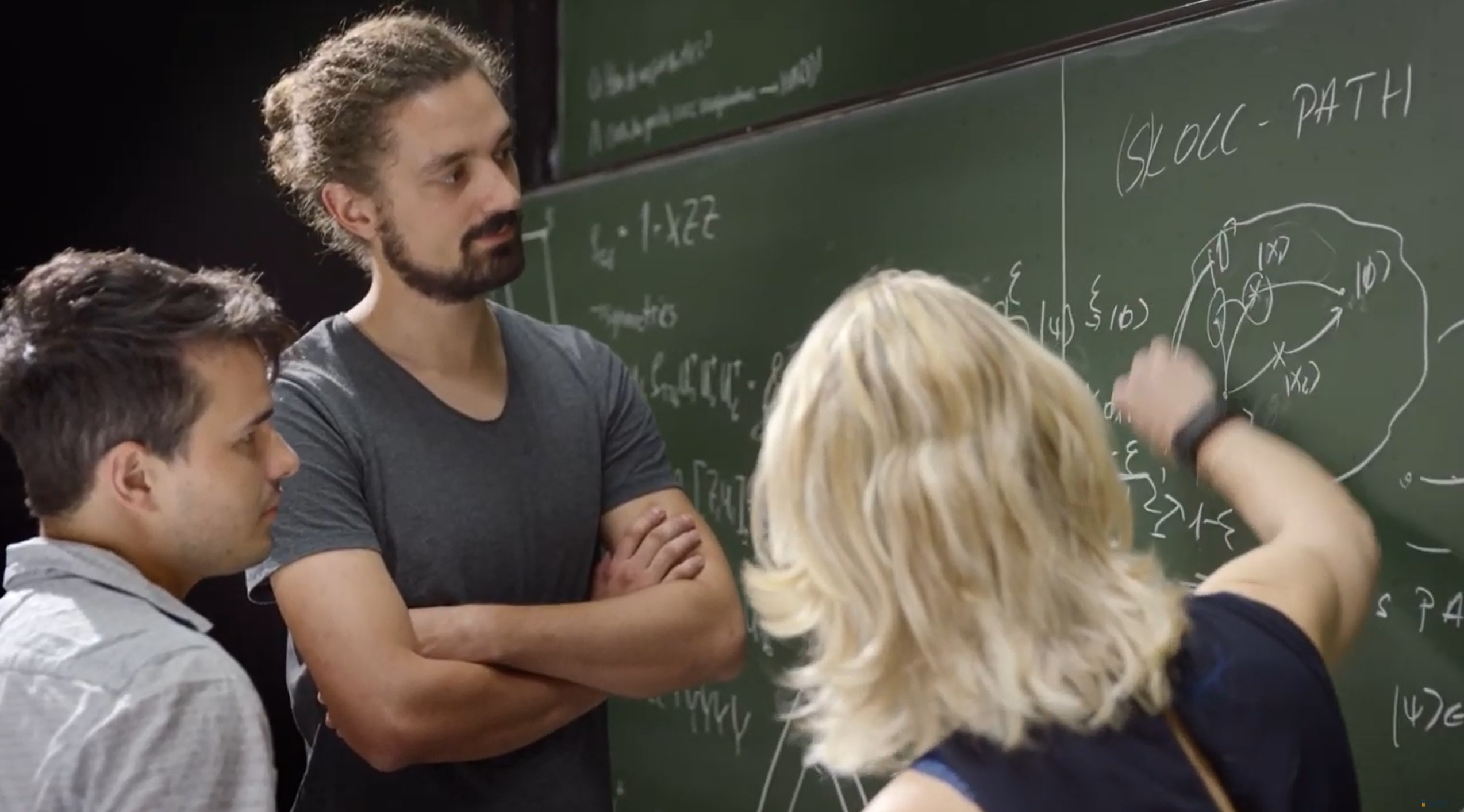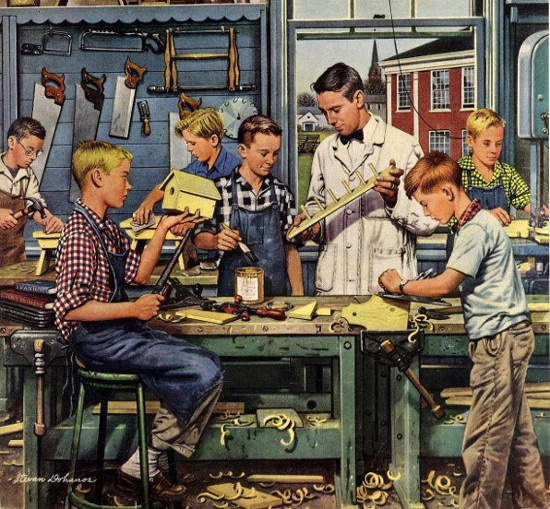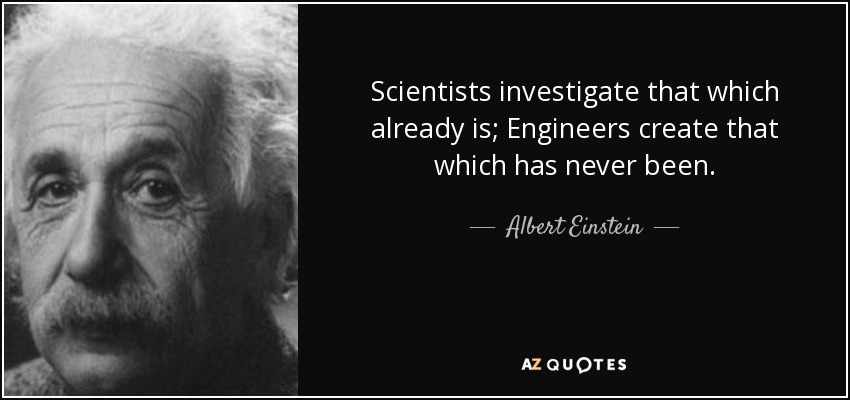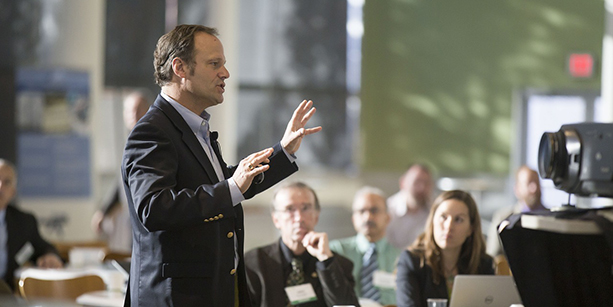The MIL-SPEC catalog and its evolution have had a significant impact on various industries beyond the military sector. Many civilian industries have adopted military standards as a benchmark for quality, reliability, and compatibility in their products and processes.
World War II Era:
The MIL-SPEC system traces its roots back to the World War II era when the U.S. military faced challenges in coordinating manufacturing efforts across multiple suppliers. To address these challenges, the military began developing specifications and standards that detailed the requirements for various equipment and materials, including dimensions, materials, performance criteria, and testing procedures.
Post-World War II:
After World War II, the MIL-SPEC catalog expanded significantly to cover a wide range of military equipment, ranging from electronics and aircraft components to clothing and food supplies. The standards were continuously updated and revised based on technological advancements, lessons learned, and evolving military needs.
Evolution into MIL-STD:
In the 1950s and 1960s, the MIL-SPEC system evolved into the Military Standard (MIL-STD) system to provide even more comprehensive and detailed specifications. MIL-STD documents incorporated a broader scope of requirements, including design criteria, quality control processes, and test methodologies. The MIL-STD system aimed to ensure consistent design and manufacturing practices across contractors and suppliers.
MIL-STD Transition to Commercial Standards:
Over time, the reliance on MIL-STDs started to decline, and there was a shift towards adopting commercial standards whenever possible. This transition allowed the military to benefit from the advancements and cost efficiencies of commercial technologies. However, certain critical military-specific standards, such as those related to security and specialized equipment, continued to be maintained within the MIL-STD framework.
DoD’s Transition to Performance-Based Specifications:
In recent years, the DoD has been moving away from prescriptive specifications (MIL-STDs) towards performance-based specifications. Performance-based specifications focus on defining the desired outcomes and performance requirements while allowing contractors greater flexibility in meeting those requirements. This approach encourages innovation, cost-effectiveness, and broader industry participation in military contracts.
— Elon Musk (@elonmusk) August 4, 2024




